Bertha Clark on 1960s Racism and Growing Up Around Celebrities
Bertha Clark (b. 1956), a descendant of the 1860 black pioneers, recounts her childhood, describing family life, episodes of racism and meeting VIP’s.
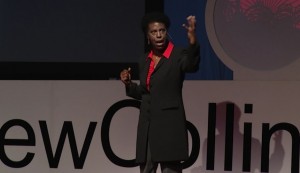
Watch the video HERE.
In the 1940’s, my grandmother, Viva Adelene, opened her restaurant Vie’s Chicken and Steaks, on Union Street by what they called Hogan’s Alley. Born in San Francisco, I was the youngest of 11. Every summer, it was expected that all the family would attend my grandmother’s summer party, so we’d load up the station wagon and my dad would drive us all north for the summer.
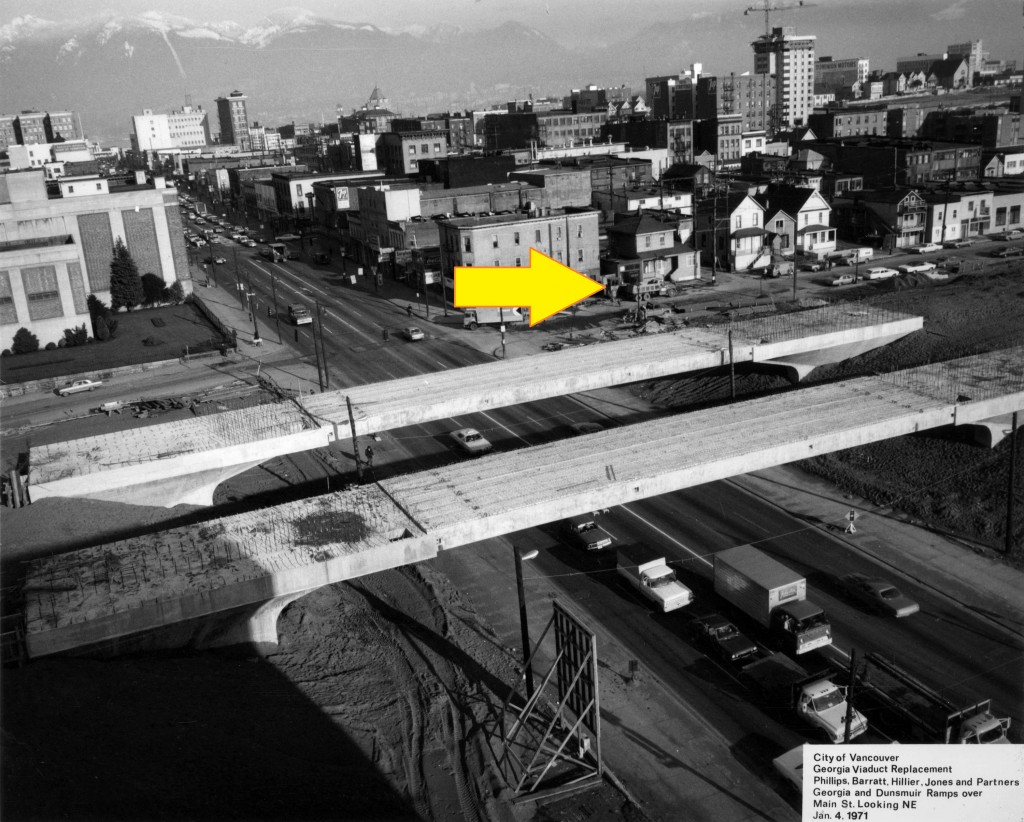
Image credit: Vancouver Engineering Services, copyright City of Vancouver
In 1965, when I was 9, my mother (Adelene Ellen) left my dad and moved to Vancouver permanently with her five youngest kids. We lived in my grandmother’s boarding house, which she had remodeled for us, across the street from the restaurant. My grandmother had her own house on 4th Ave by Nanaimo.
My grandmother and mother are descendants of the original black pioneers who came to British Columbia in 1860 by invitation of Governor James Douglas. We’re related to the the Alexanders who lived in Victoria and the Starks who settled on Saltspring Island; there were lots of relatives to come to my grandmother’s party.
My grandmother’s restaurant was open from 5pm to 5am, five nights per week, and all the night owls came there: cops, cabbies, and whatever entertainers were in town after their shows—Billie Holiday, Lena Horne, Duke Ellington, Lou Rawls, and Sammy Davis, Jr. When she had her summer party though, the restaurant was closed, and everyone came by her house. There were always tons of people. Earl Grant came, and other famous folk, but I was too young to know or care who they were; I was more interested in visiting with my great aunts and cousins. Jimi Hendrix was there as well, but he was just a kid who played with my cousins. His grandmother worked in restaurant.
The parties lasted all day and well into the night. There were people all through the inside and outside of the house, laughing in doorways, singing and eating. Oh, the food we served! I remember there was a round bar in the basement that attracted a crowd, but in all the years she had those parties there was never an upset or incident between anyone.
I attended Lord Strathcona Elementary, and it sure was different from the school I attended in San Francisco. For one thing, my brother Raymond and I were the only black kids there. They were all Chinese and Native and Italian kids. On my first day of school (it must have been Grade 3), my brother didn’t wait to walk home with me as we had agreed. So I headed home, and there was a gang of kids standing on the sidewalk. One girl said “Hey, nigger, you can’t walk here and contaminate our sidewalks”. I turned around and walked another way home, but it really bothered me. I had to look up “contaminate,” and then I got even madder. I didn’t tell anyone at home about this, but the next day, I walked up to that girl and said “I will walk on that sidewalk today,” and she said “No, you won’t!” After school, there was a big crowd of kids waiting and I walked right up to them. They parted like the Red Sea, and then that girl stepped up and hit me on the back of the head. I put down my books and we started tussling, until I thought how stupid this was and stopped. I picked up my books, and she hit me on the back of the head again. So we tussled again, until I stopped again and, this time, I just walked through them and the rest of the way home. And that was the end of any problems I had at Lord Strathcona School. I sometimes think about how that incident really shaped how I approach problems in my life.
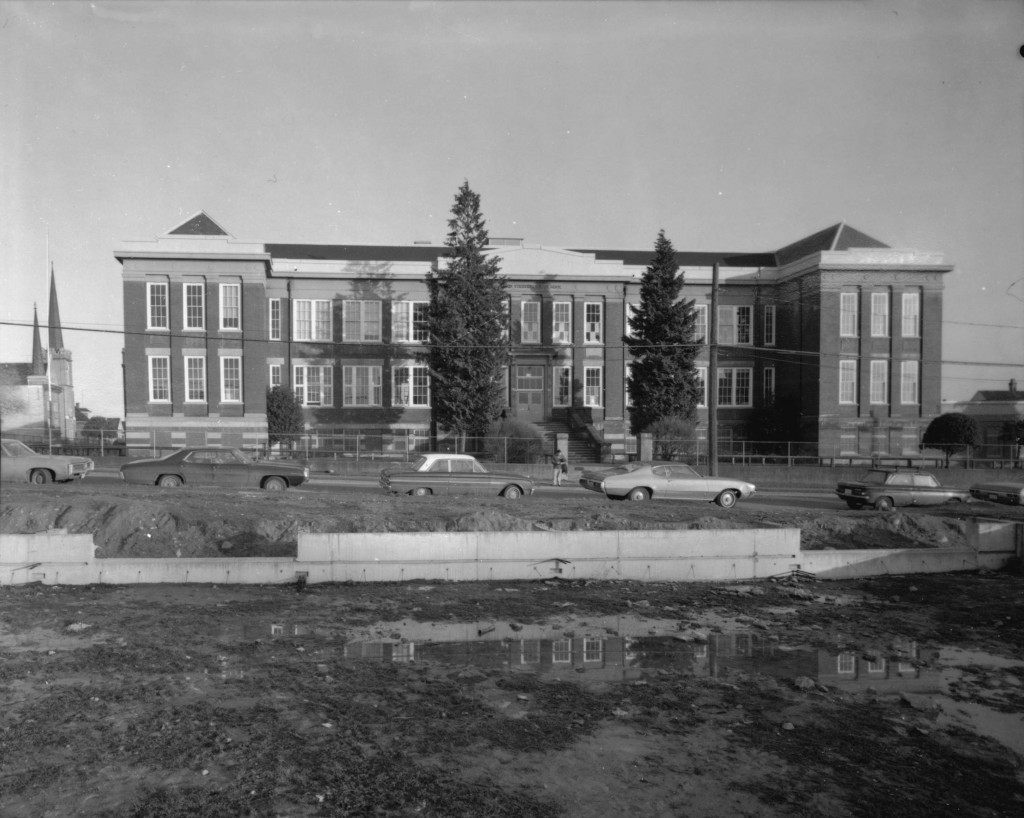
Image credit: Philip T. Timms, copyright City of Vancouver
Another thing that happened to me in Grade 3: one day, when my brother wasn’t at school, the principal came and took me out of class telling me I had to go home “because a famous man died.” I was the only kid in school sent home and didn’t understand why. My mother sat me down and explained, as she cried, who Dr. Martin Luther King was and all about the Civil Rights Movement. I’ll never forget that day.
Mum came home at about 6am after closing the restaurant and put out five little stacks of coins for our lunch money before going to bed. My brother Raymond started bringing a boy named Ron home with him from school, and Ron was there so often that, pretty soon, Mum would put out six stacks of coins. And that’s how I got a white brother. She must have talked to his parents, because he just kinda moved in with us.
Everyday, my grandmother would call my mother, and they’d talk and talk even though they had been working together all night. They would go through who was at the restaurant the night before and who might be there tonight. Then my mother would go to the restaurant to make biscuits and start the day. It wasn’t licensed— few places were in those days— but people brought their own booze if they wanted. I collected all the beer bottles and took them back for the deposit for pocket money—I got 25 cents per dozen.
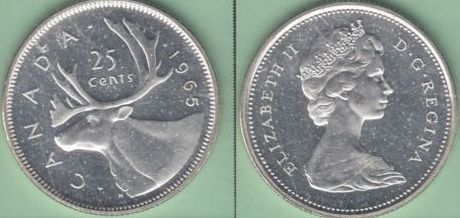
There was another restaurant around the corner, Puccini’s, where my mother and grandmother would go for a night out or to celebrate. Sometimes they’d run down the alley to borrow flour or oil from us, and other times we’d run to them for the same. I never worked at the restaurant, but I did help out. When I was young, my only chance to visit with my mother was if I went by before the restaurant opened. We weren’t allowed in when it was open, except once, when we were allowed to meet Diana Ross and The Supremes.
I graduated from Lord Strathcona after Grade 6 and went to Vancouver Tech. There were three black students there: my brother Randy, and a guy named Frank and I. Randy became the Student Body President and then a teacher, and eventually became Principal of Britannia and other high schools in Vancouver. My brother, Richard Clark, was the first black manager at the Royal Bank of Canada and he retired as the Head of Human Resources for RBC. So yeah, we did alright.
After Grade 11, I decided I wanted to finish high school in Seattle, so I went there and stayed with my sister. I was feeling the need for more black culture. Everyone there thought I sounded Canadian, and everyone here thought I sounded American. And, even though there were Asians and Italians in Seattle, they weren’t the presence they were in East Van. As much as I welcomed being a black among blacks, it was strange getting used to the colour lines there again. That wasn’t a part of East Van. When I was little, I looked at all these different kinds of people here and realized I didn’t need to understand them; I just needed to love them. So that’s what I did. Somewhere, I have a photo taken in the 60’s of Eartha Kitt standing with a white kid, a Chinese kid, a Native kid and I on the steps of Lord Strathcona School. That was East Van.
Mum sold Vie’s in the 1970s. It was torn down (and so was Hogan’s Alley) to make way for the Georgia Viaduct. Puccini’s is gone too. I think the hotel is the only building in that block that was there in the 1960’s.
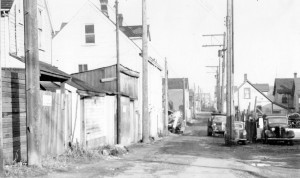
Image credit: M. James Skitt Matthews, copyright City of Vancouver
With everything that was happening in the States in the 1960s, I’m really glad Mum brought us to Vancouver. Who knows what would have happened to us— what influences we would have followed if we’d stayed. When I was in Seattle, I realized that, in all the time that restaurant was open, it was never robbed. With all those people— the nightlife, the cash coming in, the booze— it was still a very good place. And that says something.
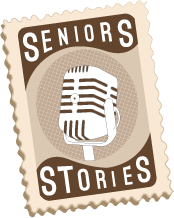



Leave a Reply